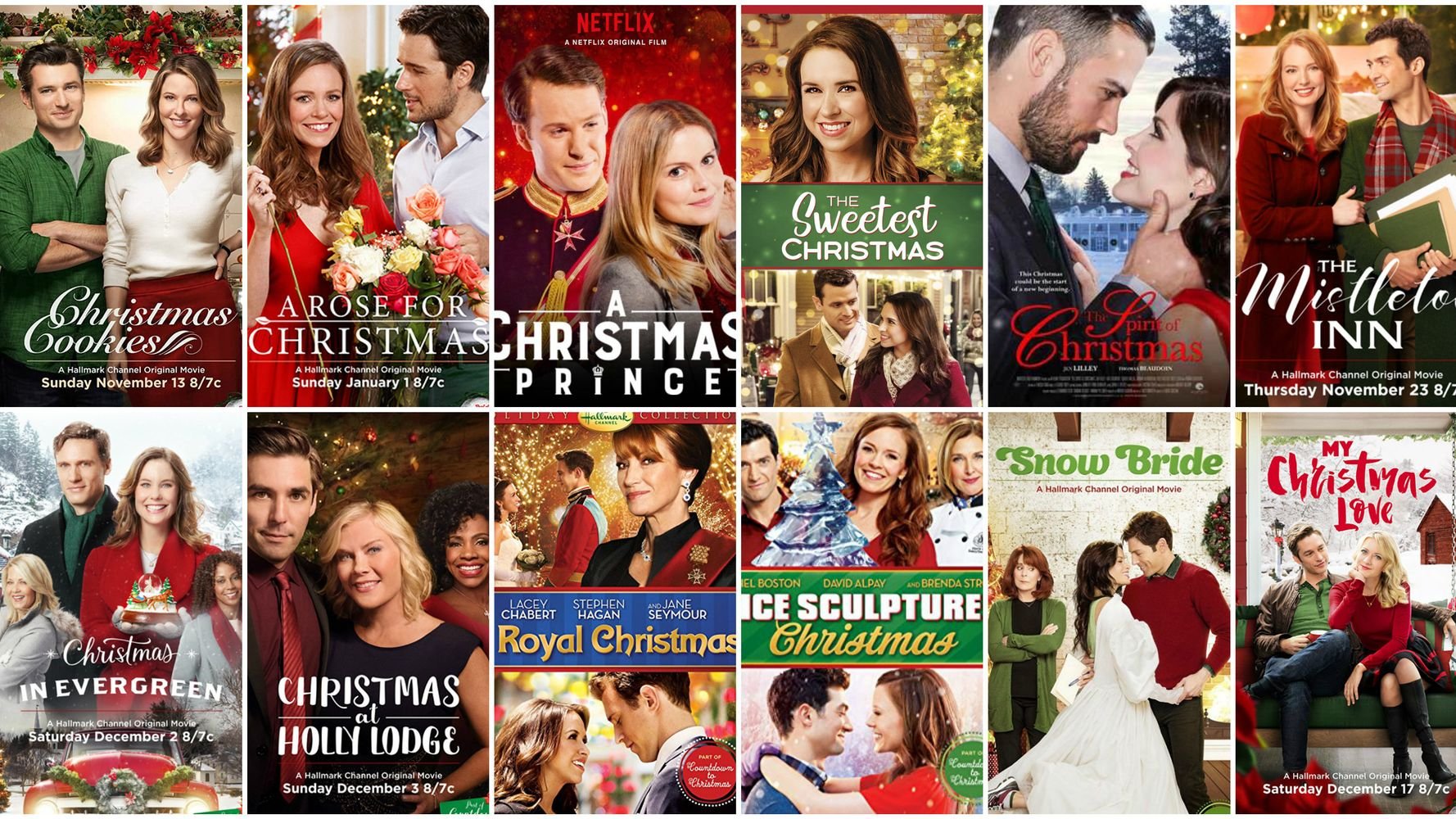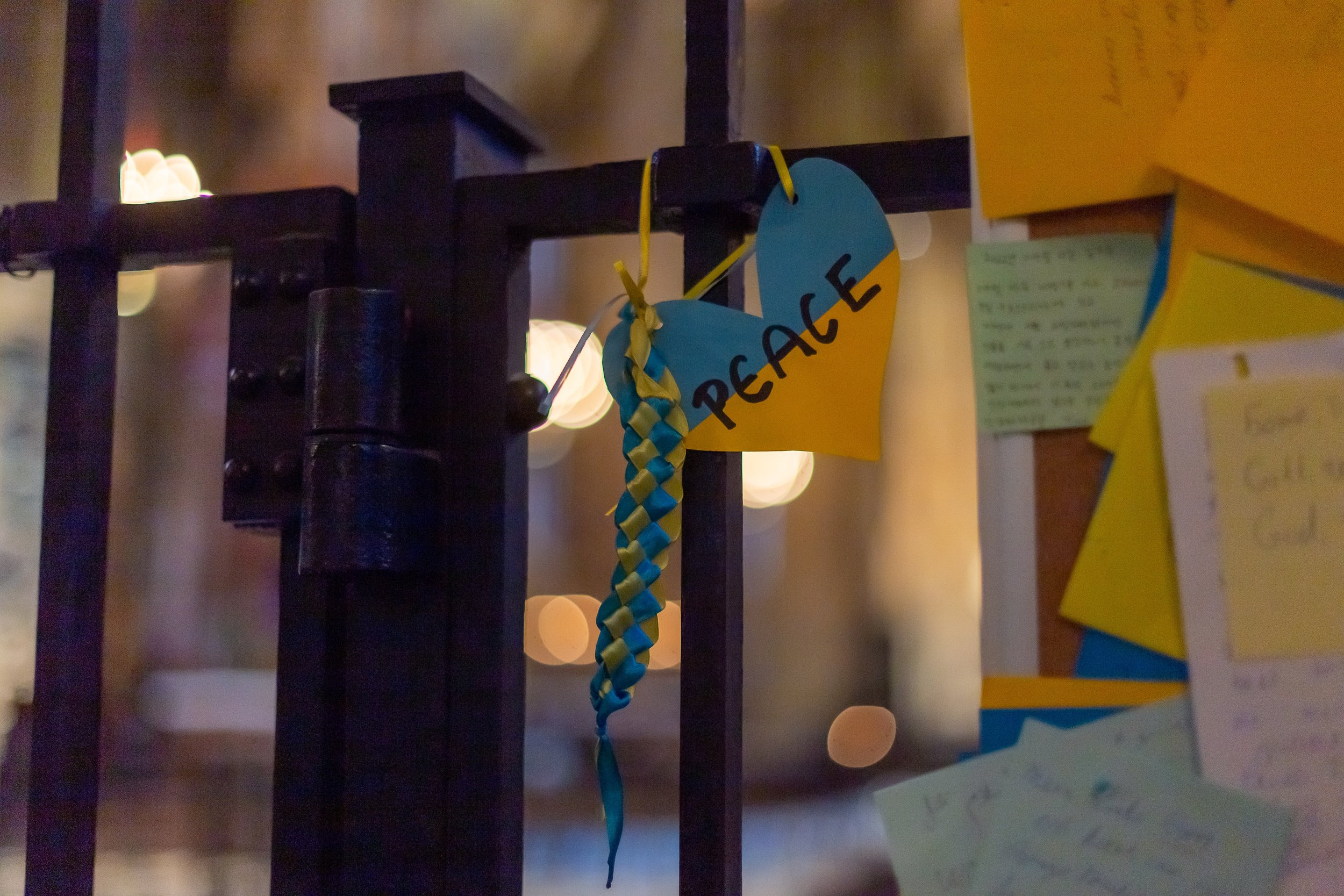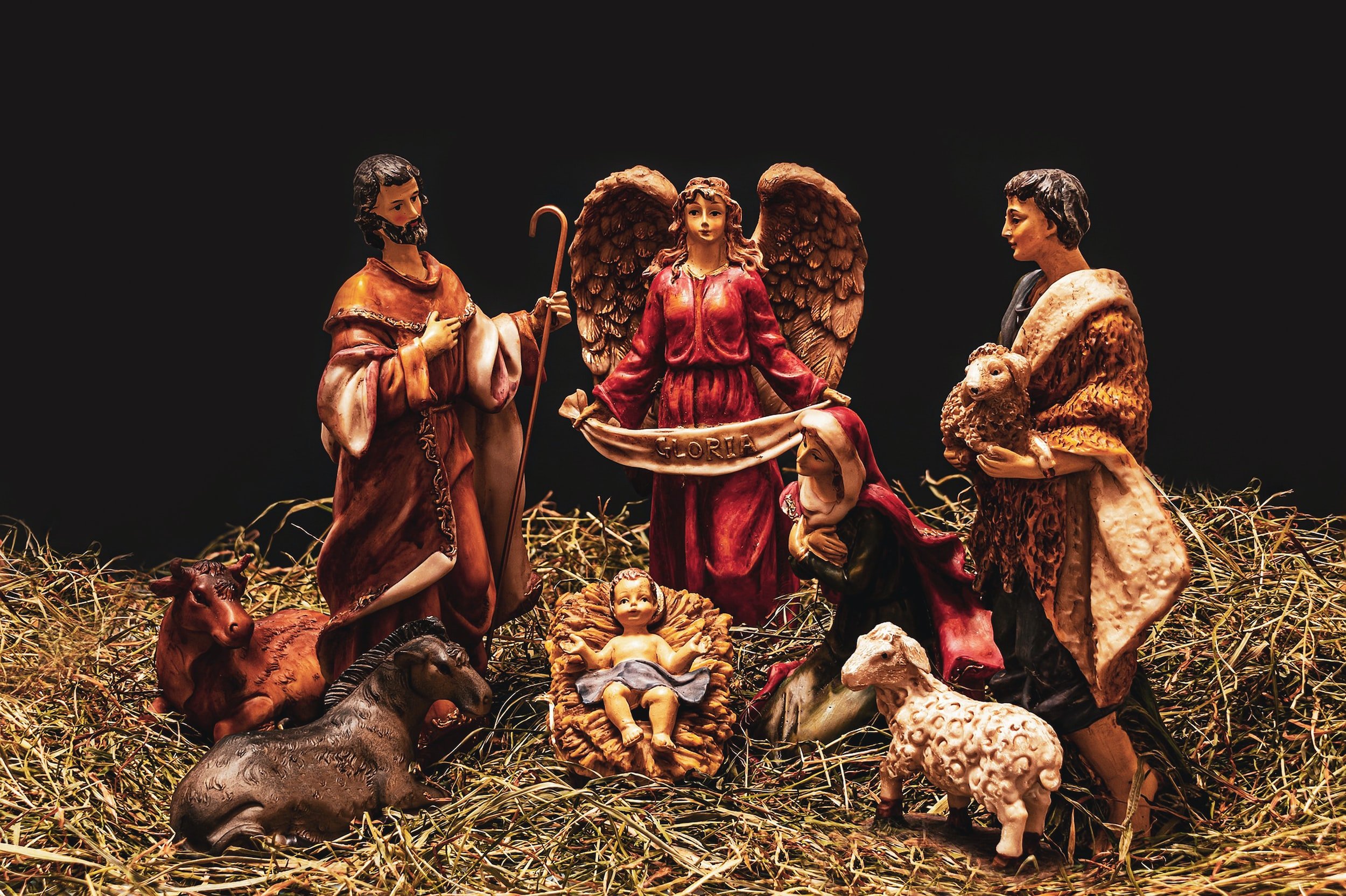A Griswold Family Advent
“Joseph son of David, don’t be afraid.”[i]
Every year, without fail, from Thanksgiving through New Year's Eve, I watch National Lampoon’s Christmas Vacation at least once per week. I know it is time to begin the annual shift toward Advent thanks to Clark, Ellen, Cousin Eddie, and Ruby Sue.
Poor Clark.
All Clark wanted was a house covered in lights, his family gathered around the dinner table, and to have the happiest Christmas since “Bing Crosby tap-danced with Danny (f—ing) Kaye.”
But that’s the Christmas we all want, right? I spent the day yesterday with the family watching a holiday classic, wearing a green elf hat, and throwing snowballs across a movie theater in the hope of creating what Clark couldn’t. And judging by the sold-out theater and the sold-out shows after our showing, I was not the only one.
The temptation to over-sentimentalize or create the greeting card Christmas grows as we moved from Thanksgiving to Advent, and now Advent toward Christmas. Hallmark movies, specialty holiday drinks, cookies and cards, and perfectly curated nativity scenes invite us to go full Clark Griswold and forget the world in which we live; to forget the world in which God entered through a child (the stained-glass language word for this is “Incarnation”). The same themes persist yearly: “war, crime, violence, poverty, racial hatreds, totalitarian oppression, religious persecution, torture, selfishness, greed.” In a sermon she wrote in 1984, Rev. Fleming Rutledge observed that year after year, she had “little difficulty” finding horror sermon illustrations. She asks, “what would you like to wager about Christmas next year?”[ii]
Do not get me wrong. My family has an inflatable Olaf, Jack Skellington, unicorn, and flamingo in our front yard. I rarely pass on a specialty holiday drink, and the nativity scene on our mantle looks nothing like the scene described by Matthew and Luke. As I said, I will watch Christmas Vacation more than once per week this month, and if you ask my wife, she’ll tell you I am more like Clark Griswold than I would care to admit.
Every year, war, crime, violence, poverty, racial hatreds, totalitarian oppression, religious persecution, torture, selfishness, greed- aka Sin – persist. Still, the bright lights on Abingdon Street and the smell of gingerbread and peppermint invite us to forget, even if just for a moment, that the world is not how God would have it. To put it theologically: the world is messed up.
Matthew’s account of the first Advent ensures that the Church does not overly forget the messed up-ness of Advent, Christmas, or the Good News of the Gospel.
The first time I served as a liturgist in the church was on Christmas Eve, just after I began classes at Wesley Theological Seminary. Because I was a newly minted seminary, I thought I knew everything my congregation and I needed to know about the Bible and church. Just like the first-year college students returning home for winter break, ready to teach their families about the ways of the world, I did not heed my pastor's advice. I did not read the assigned scripture before the service.
“Our scripture reading is from the Gospel of Matthew, chapter 1, verses 1-17,” I confidently said.
“A record of the ancestors of Jesus Christ, son of David, son of Abraham:
Abraham was the father of Isaac.
Isaac was the father of Jacob.
Jacob was the father of Judah and his brothers.
Judah was the father of Perez and Zerah,
whose mother was Tamar.
Perez was the father of Hezron.
Hezron was the father of Aram.”[iii]
The genealogy of Jesus.
I took a deep breath when I got to King David, grabbed the lectern, and hoped for the best. The names I could barely pronounce were a who’s who of the good, the bad, and the ugly of the Hebrew Bible.
Today's scripture lesson skipped the first 17 verses (you’re welcome), but the verse that connects our lesson to the list of names – 42 generations in 3 sets of 14 – is in verse 20.
“Joseph son of David.”[iv]
Before Matthew speaks of angels visiting Joseph in his sleep, before the Magi, before John prepares the way of the Lord, and before the disciples are called, and the sick are healed, Matthew wants his readers to know that Jesus of Nazareth – the man who healed the sick, fed the hungry, ate with sinners, and was nailed to a tree – is the One for whom Israel waited.
The prophet Isaiah would have been front and center in the minds of Matthew’s original audience as they read or heard Matthew’s words. Matthew’s audience were Jewish Christians, expelled from the synagogues for following Jesus. So, as Matthew names Abraham, Jacob, Tamar, Hezron and Ram, Salmon, Boaz, Ruth, Obed, Jesse, and David, the words of the prophet Isaiah would have been percolating in the minds of his audience. Remember, these people knew their Hebrew Bible better than any of us can imagine.
“A child is born to us, a son is given to us,
and authority will be on his shoulders.
He will be named
Wonderful Counselor, Mighty God,
Eternal Father, Prince of Peace.
There will be vast authority and endless peace
for David’s throne and for his kingdom,
establishing and sustaining it
with justice and righteousness
now and forever.”[v]
The reign of King David was the golden era for ancient Israel. When Matthew’s first audience heard this story, they were expelled from their synagogues, most likely poor and ostracized, and living under Roman rule. A far cry from the glory days for which they longed.
But baked into “Joseph son of David,”[vi] is the Good News of the Incarnation.
The 42 generations before Joseph would not make the cut for a Hallmark Christmas special – and Matthew’s original audience knew this. I imagine the kids are not learning about Tamar, peeping-Tom King David, or any other names we omitted from Advent 2022. But if they are, parents, good luck at lunch today.
Take Abraham, for instance, the patriarch of 42 generations. He lied about his wife, claiming her to be his sister, had a child with a woman he enslaved, and nearly slit the throat of his son Isaac.
Tamar, a widow, disguises herself as a prostitute. She also sleeps with her father-in-law. When the father-in-law finds out Tamar sold her body, he orders her to be killed, only to call off the execution when he learns Tamar is pregnant with his child, Perez, who is also mentioned in Jesus’ family tree.
Then there is David, the peeping-Tom king who had his best friend sent to the frontline of a war to ensure he was killed so that David could take the man’s wife for himself, Solomon’s mother, Uriah’s wife. Bathsheba is not listed by name, but when Matthew writes, “Joseph son of David,”[vii] her name and story are baked into the Good News of the Gospel.
Pastor Susan Robb notes that the first readers of the story would have known “the good, the bad, and the ugly of their shared history and that God was faithful to their family in the midst of their inevitable family heartbreaks, challenges, joys, and yes, even dysfunction. Matthew opens with a genealogy not only to intrigue his audience with triggers of their shared memories, but also to make certain that they know that Jesus, the last person to be added to the genealogy, is the fulfillment of all that God was doing throughout the life of Israel.”[viii]
In skipping verses 1-17, we miss that the Good News of Advent and Christmas is even better than a Griswold Family could imagine. God is stepping into, not over or around, the messiness and brokenness of the world. The angel’s message to Joseph is that the stumbling blocks of past, present, and future do not prohibit or inhibit God’s salvific work.
We do not have to wait for the world to be perfect.
The tree will be the wrong size or shape.
The turkey will be dry.
Your end-of-the-year bonus may come in the form of a jelly subscription you did not want.
The relatives you dread seeing will overstay their welcome.
And, that powder room appliance might be full.
No matter how much we try to avoid the broken and messiness of the world and our lives, the birth of Joseph’s boy tells creation that we are not separated from God.
Our story is not Jesus’ story; instead, Jesus takes the world's story, our Sin – our the messy side of ourselves that we try to hide during the holidays – upon himself.
The peace we want on earth, the peace we will attempt to create for ourselves is here, through the grace of God, through a child, through a family as messed up as mine or yours.









